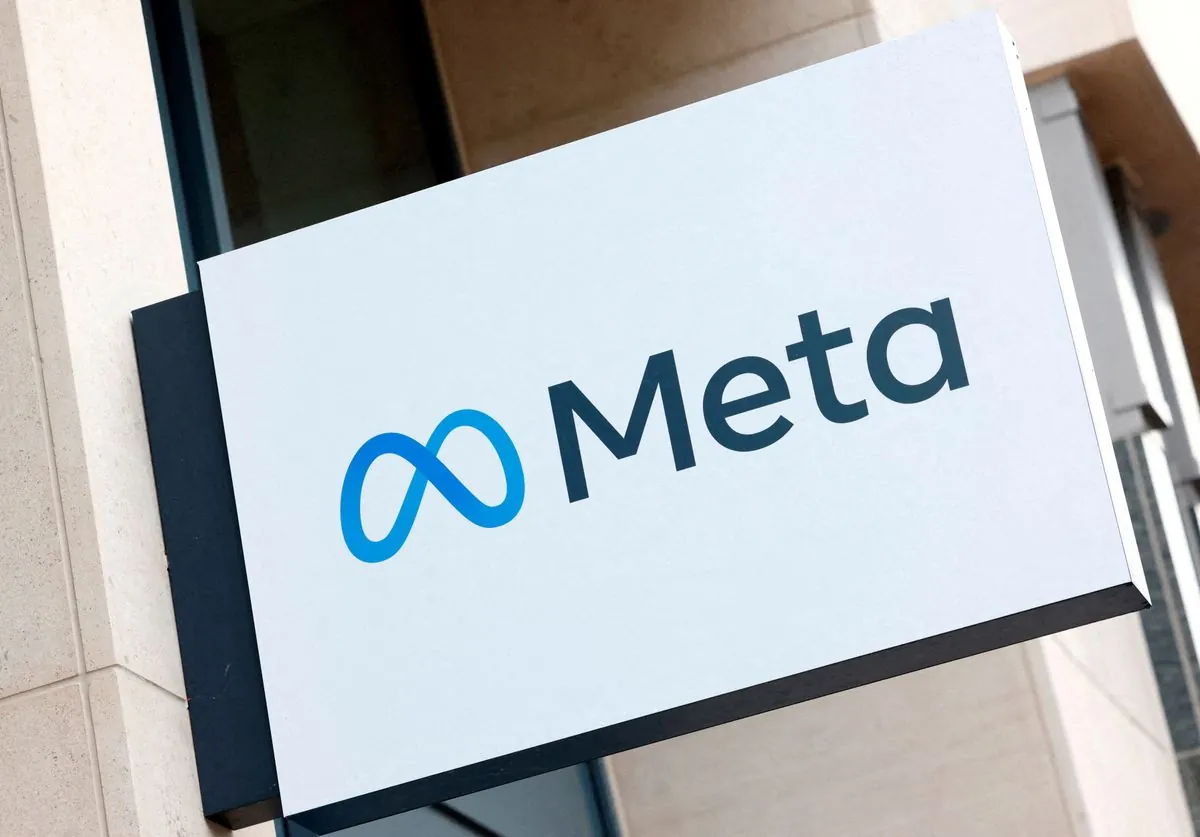In a significant move against foreign interference, Meta, the parent company of Facebook, has announced a comprehensive ban on Russian state media networks across its platforms. The decision, revealed on 17 September 2024, targets entities such as RT (formerly Russia Today) and Rossiya Segodnya, along with their affiliated organizations.
Mark Zuckerberg's tech giant cited deceptive tactics and covert influence operations as the primary reasons for this action. The ban will be implemented gradually over the coming days, affecting all Meta-owned applications, including Facebook, Instagram, WhatsApp, and Threads.
This decision marks a substantial escalation in Meta's approach to Russian state media. Previously, the company had taken more limited measures, such as restricting advertising capabilities and reducing the reach of posts from these outlets. The shift in strategy comes in the wake of recent developments in the United States.
Earlier in September 2024, US authorities filed money-laundering charges against two RT employees. The allegations involve a scheme to engage an American company in producing online content aimed at influencing the 2024 US election. This incident has heightened concerns about the potential impact of foreign media on domestic political processes.
US Secretary of State Antony Blinken addressed the issue on 15 September 2024, urging countries to treat RT's activities with the same caution as covert intelligence operations. This statement underscores the growing recognition of the role media can play in international relations and domestic politics.
In response to these actions, RT has dismissed the US charges, accusing the country of attempting to obstruct its journalistic operations. However, Meta remains firm in its stance, anticipating that Russian state-controlled media will continue to employ deceptive practices to evade detection online.
The ban reflects the evolving landscape of social media content moderation and the challenges platforms face in combating misinformation and foreign interference. Since its founding in 2004, Meta has significantly adapted its policies, particularly in the aftermath of the 2016 US elections when the issue of foreign interference gained prominence.
As this situation unfolds, it raises important questions about the balance between free speech, national security, and the responsibilities of social media platforms in the global information ecosystem.
"RT has mocked the US actions and accused the United States of trying to prevent the broadcaster from operating as a journalistic organisation."
This development is part of a broader trend of increased scrutiny on state-sponsored media operations across international borders. As social media continues to play a crucial role in shaping public opinion, the actions taken by platforms like Meta are likely to have far-reaching implications for global information flow and diplomatic relations.
